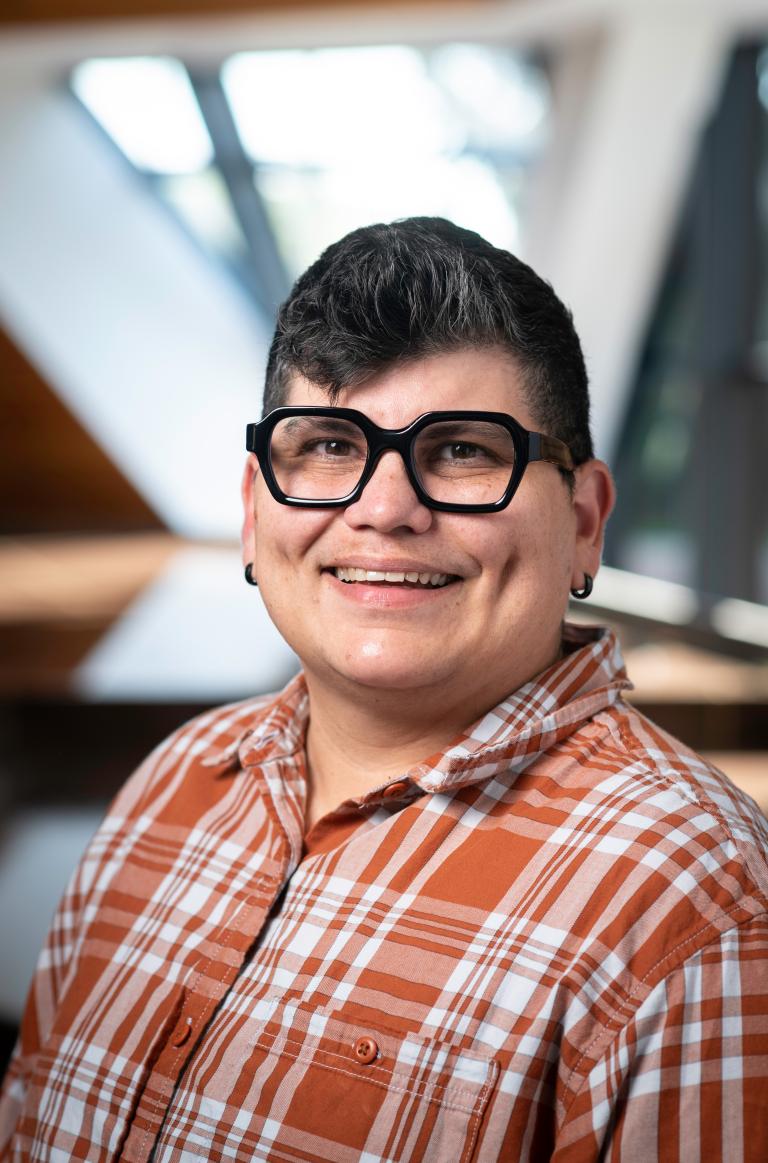News
Ceema Samimi Wins Vision Grant to Study Community-Specific, Restorative Discipline in Public Schools
Studying Community-Specific Alternatives to Punitive Public School Discipline in the Twin Cities
In the wake of the George Floyd uprising, the Minneapolis Public School Board’s decision to remove School Resource Officers without consulting community or school leaders sparked controversy, highlighting the need for more inclusive decision-making processes regarding student support and school discipline.

"This decision presents an opportunity to re-engage the collective energy of 2020 and pursue a shared vision among those connected to Minneapolis Public Schools (MPS) and Saint Paul Public Schools (SPPS) to shift school discipline from punitive measures to community accountability," said Ceema Samimi, assistant professor at the University of Minnesota School of Social Work. "We want to understand the impact that restorative justice practices could have in the public school system in the Twin Cities."
Applying Restorative Justice to Discipline in Public Schools
Restorative practices are increasingly recognized as an approach to addressing racial disparities in school discipline and fostering inclusive school environments. Restorative practices are used in schools, said Samimi, however these interventions aimed at reducing disparities are often implemented in a top-down manner, with minimal input from the broader school community, including educators, families, and students.
Samimi and their team of investigators recently won a Spencer Vision Grant to support scholars, educators, and community members in identifying and leveraging existing community assets to develop restorative practices for public schools that reflect local strengths and aspirations.
"This initiative seeks to build on community strengths and foster a collaborative approach to school discipline reform, moving away from carceral logics and towards restorative, community-based solutions," said Samimi. "With the support of the Spencer Foundation, our project has the potential to influence policy and practice not only within the Twin Cities but also in other regions facing similar challenges. The findings and resources developed through this project could serve as a model for other schools and districts. This funding will empower us to further develop this approach, strengthen community ties, and enhance support systems."
Documenting and Mapping Public School Disciplinary Practices
Key activities in the first phase of the project include:
Interviews: Conducting interviews with pre-service educators and social work students to gather insights on their beliefs about school discipline and understanding of restorative practices.
Asset Mapping: Engaging stakeholders in asset mapping of the Twin Cities metro area to identify existing resources and strengths.
"Receiving the Spencer Vision Grant is particularly meaningful for me as it recognizes my work as a community-engaged scholar," said Samimi. "The Vision grant is a one-year planning grant and recipients are eligible to apply for the larger Transformative Grant. Not only do I plan on applying, I believe this planning phase will position me to apply to other funding streams to expand on this work."
Spencer Vision Grant Project Team
PI: Ceema Samimi, assistant professor at the University of Minnesota School of Social Work
Research Assistant: Labibah Buraik, University of Minnesota SSW
Co-PI: Aditi Rajendran, University of Minnesota OLPD; Christopher Thyberg, Augsburg University Department of Social Work; Kara Beckman, Senior Evaluator, Healthy Youth Development Prevention Research Center, University of Minnesota Medical School